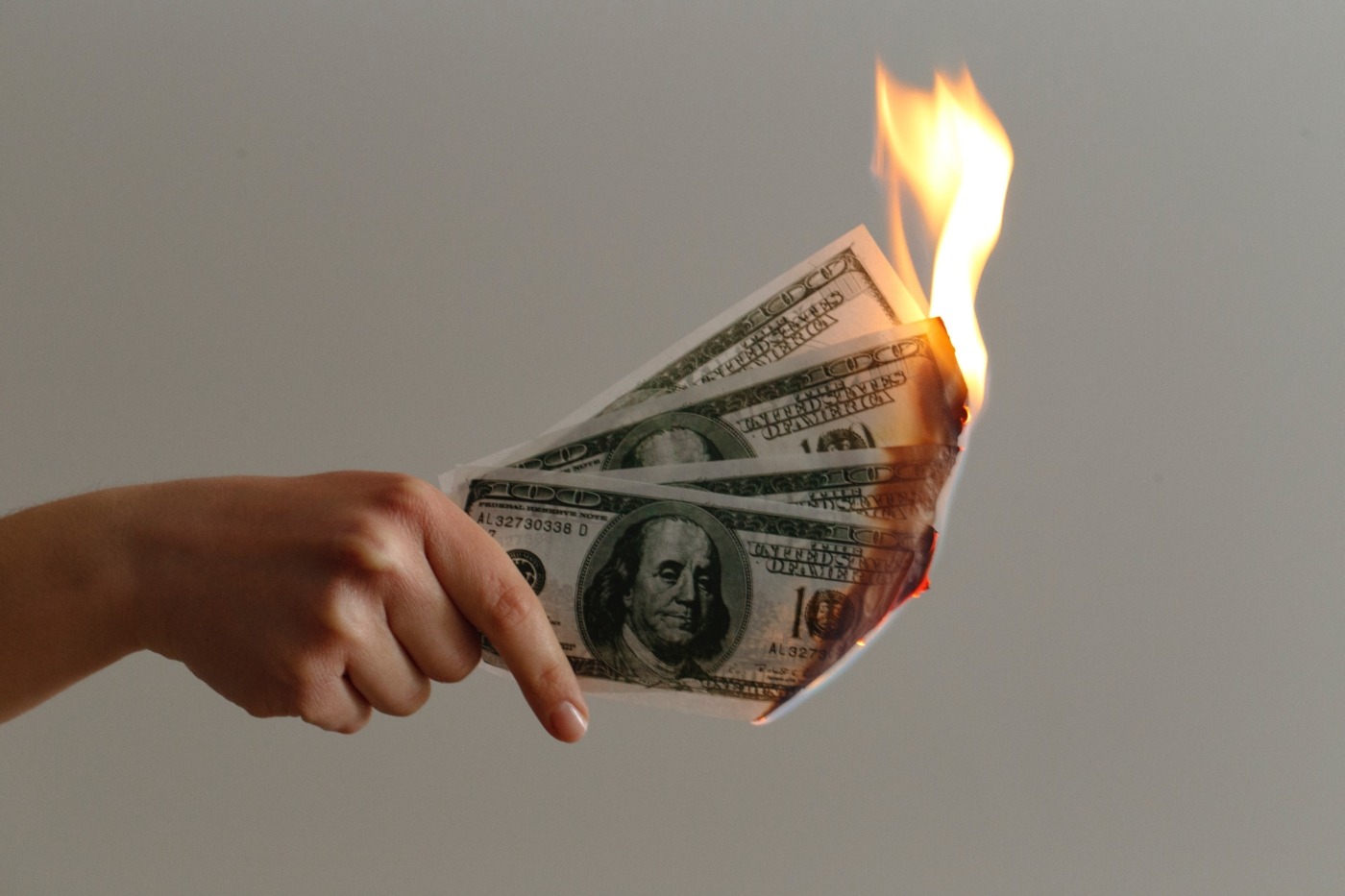No new 2p or £2 coins to be made as future of cash in doubt
Demand has dropped for coins, meaning that the Royal Mint will make no new 2p or £2 coins for the next 10 years. That’s one of the revelations in a new report by the National Audit Office (NAO) into the future of cash, which suggests that the pace of change in digital payments risks pushing hard currency out of fashion. Although excessive 1p, 2p and £2 stocks are more a symptom of old money being returned, it’s also indicative of a larger strain on the system – cash is being left behind, and maintaining a cash system that is used less and less may soon become unsustainable.
Gareth Davies, the head of the NAO, said: “As society progresses towards the wide use of digital payments, the use of cash in transactions is dwindling. It may become harder for people to access cash when they need it and those without the means to pay digitally will struggle if cash is not accepted. HM Treasury now works more closely with the public bodies in the cash system to achieve the government’s goal of safeguarding access to cash. However, the approach is fragmented, and it is not clear that the action being taken will keep up with the pace of change.”
There are concerns that the infrastructure in place is increasingly unsustainable as businesses turn to digital payment
Older people and lower-income consumers tend to rely on cash more, and they are more at risk if cash access becomes limited – these two groups have struggled because of the closure of 17% of cash machines in the past two years. Although the government has legislatively committed to protect access to cash, there are concerns that the infrastructure in place is increasingly unsustainable as businesses turn to digital payment. In 2019-20, the Bank of England’s note production and distribution costs ran to £119 million, and spending taxpayer money on running the cash system will be unappetising if people just aren’t using it.
Meg Hiller, chair of the House of Commons Public Accounts Committee, said: “Cash use might be declining overall but it remains a vital part of millions of people’s lives, particularly for some of the most vulnerable in society. The government took its eye off the ball and too many people already have to go out of their way to get their hands on cash. It and the regulators will have to hurry to catch up with fast-moving technology, or even more people could be left behind.”
A statement from the Treasury said: “We know that easy access to cash is really important for many consumers and businesses, which is why we are coordinating work to protect it. We’re currently developing new legislation to ensure people can get hold of cash when they need it and that the UK’s cash infrastructure remains sustainable. We’re also working closely with authorities across the cash system to ensure a joined-up approach, which has already resulted in greater protections for ATMs and support for the cash system through the pandemic.”
It’s likely that our society will become increasingly cashless in the future, but it’s also incumbent on the government to protect physical currency for those who must use it
Society was already seemingly moving towards a cashless system. In 2010, cash was used in six out of 10 transactions, and this total had dropped to less than three in 10 purchases in 2019. It is expected to drop even further, to just one in 10, by 2028. It is widely expected that the Covid-19 pandemic has further accelerated this decline, with demand for cash plummeting by 71% between early March and mid-April. As the pandemic took hold, many businesses began to adopt cashless payment systems, in large part as a safety measure – hard cash is notoriously covered in germs. Burger King and Costa Coffee made headlines for forsaking cash entirely, and it is likely that many other businesses will follow suit.
The NAO report is two-pronged about the future of cash. It’s likely that our society will become increasingly cashless in the future, but it’s also incumbent on the government to protect physical currency for those who must use it. Gareth Shaw, head of money at Which?, said: “While more people have been able to turn to digital payment methods during the coronavirus outbreak, it’s vital that the millions of people with no choice but to rely on cash are not abandoned, and the already fragile cash system is not left to collapse completely.”

Comments